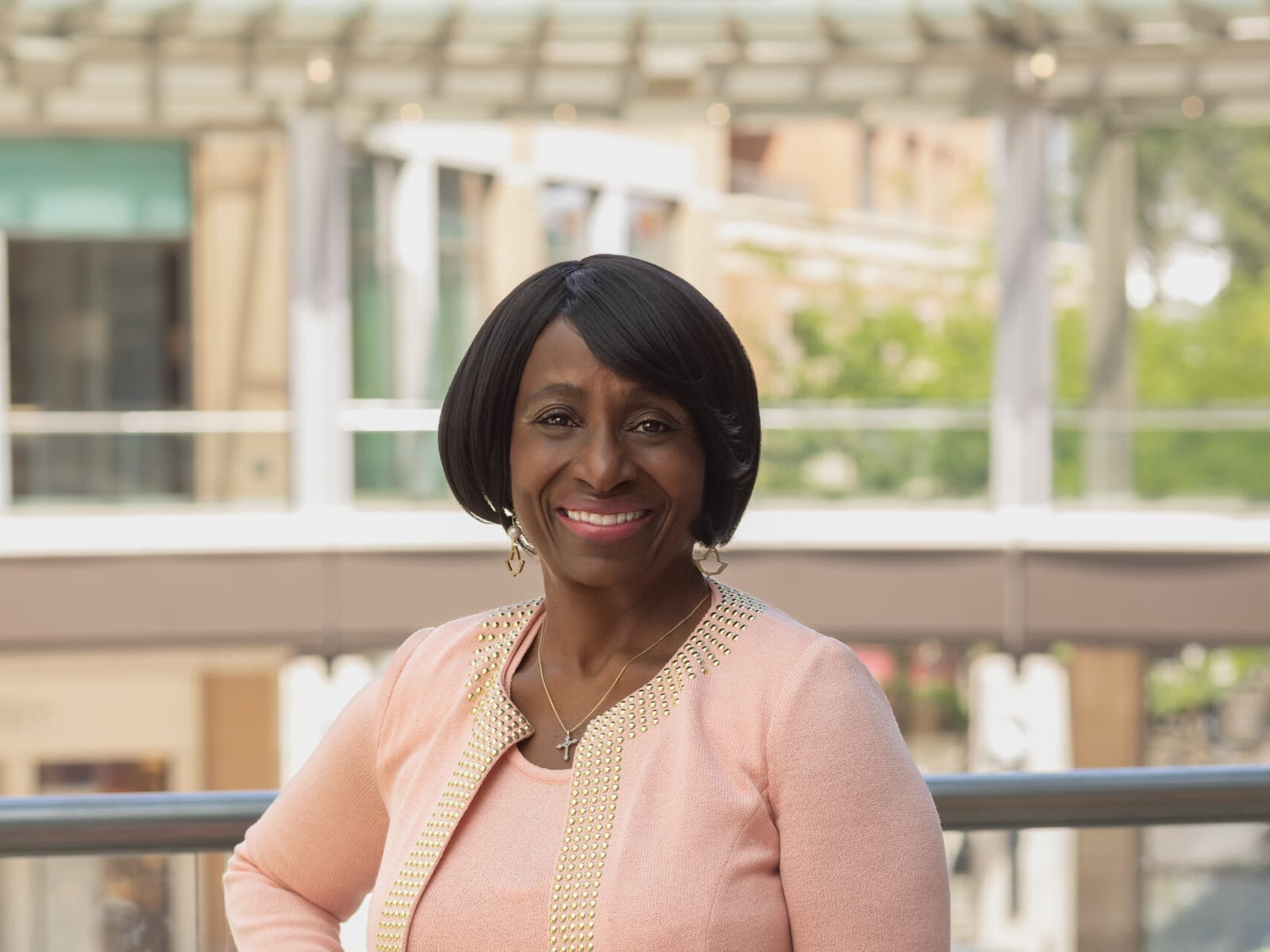Justice Court Judge | Salt Lake County
Shauna Graves-Robertson was raised on the west side of Salt Lake City by a single mother. She credits her career path to a supportive neighborhood and a network of individuals who saw potential in her and nurtured it.
“I was a kid that talked a lot, was very curious and got into many things,” she recalls. It was this community, filled with people who believed in her, that helped set her on a path toward becoming the first and only African-American female judge in Utah.
Graves-Robertson’s upbringing was profoundly influenced by her godparents, Frank and Janie Mae Crosby, who stepped in to support her and her mother economically and emotionally. Her environment was enriched by strong figures like Dr. Alberta Henry of the NAACP, who exposed her to civil rights activism from a young age. “By 13, you have all the information you’re going to run off for the rest of your life,” Graves-Robertson says.
Initially aspiring to be a civil rights attorney, Graves-Robertson’s journey led her through numerous impactful roles, including working with the Division of Youth Corrections and the Salt Lake Legal Defender Association. These roles, she notes, were critical in giving her a grounded understanding of the community and the challenges people face.
“Working with the Legal Defenders Association and being part of the small African-American community meant I knew everyone — the good and the bad,” she explains. This familiarity with diverse experiences enhanced her empathy and informed her judicial philosophy.
Graves-Robertson’s commitment to community service is as strong as her dedication to the law. A member of the Alpha Kappa Alpha Sorority for over 46 years, she takes their motto, “Service to All Mankind,” seriously. She also co-founded a Black lawyers association and remains active in her church, mentoring young women and participating in local and international service projects.
Balancing these commitments with her judicial responsibilities requires careful navigation. “As a judge, you have to ensure that you’re not showing undue favoritism or becoming too political,” she admits. Despite the challenges, she says the most rewarding aspect of her role is when people tell her they felt listened to and received justice in her court.
Graves-Robertson has made a significant impact on Utah’s judicial system, bringing a unique perspective informed by both her professional experience and her personal history. “It’s not always just about justice; every now and then, it’s about mercy,” she asserts. She believes that diversity on the bench brings a necessary breadth of understanding, which can lead to more compassionate and equitable rulings.
Looking ahead, Graves-Robertson isn’t planning on stepping back anytime soon. As she contemplates her so-called “golden years,” she is eager to re-engage with civil and human rights advocacy through organizations like the NAACP, National Bar Association, and Alpha Kappa Alpha. “I don’t plan to ever sit down. If you see me sitting down, I must be sick,” she jokes. To Main Page


